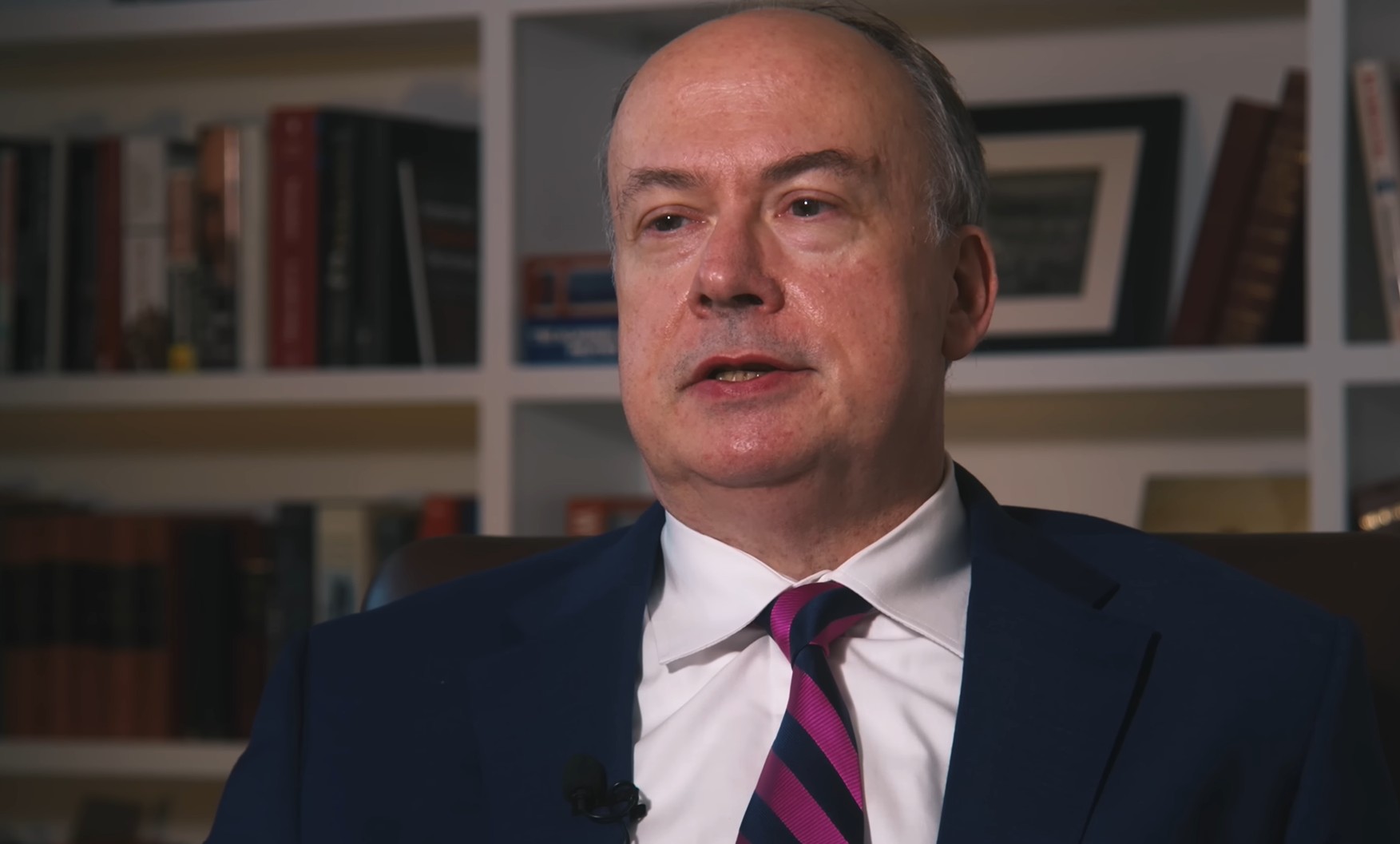


The corrupt D.C. Bar has recommended that Trump 45 Department of Justice official Jeffrey Clark be stripped of his law license after it weaponized its own process in order to target him.
Clark’s sin? Drafting and never even sending a letter to Georgia officials regarding unconstitutional 2020 election changes never approved by the state legislature, recommending that the legislature convene to investigate itself for election irregularities.
According to the D.C. Bar Board on Professional Responsibility, Clark, who now leads the powerful Office of Information and Regulatory Affairs (OIRA) inside the Office of Management and Budget (OMB) at the White House, must therefore be disbarred “as a consequence and to send a message to the rest of the Bar and to the public that this behavior will not be tolerated.”
“While dishonesty is always intolerable, the facts here are significantly aggravating to warrant disbarment: Respondent was prepared to cause the Justice Department to tell a lie about the status of its investigation of an important national issue (the integrity of the 2020 Presidential election),” the board continued. “Lawyers cannot advocate for any outcome based on false statements and they certainly cannot urge others to do so.”
All this talk about “dishonesty” is pretty laughable coming from the D.C. Bar, which actually reinstated former FBI attorney Kevin Clinesmith — a felon convicted of lying on a FISA warrant used to advance the Russia collusion hoax and illegally spy on Carter Page — after merely suspending him for one year.
While Clinesmith lied to advance one of the greatest political lies in American history and steal a fully functioning presidency from the American people during President Donald Trump’s first term, Clark wrote a draft letter that was never sent.
Clinesmith is now an “active member” in “good standing.”
“The D.C. Bar, which still counts Kevin Clinesmith, who lied to the FISA Court, as a member in good standing, is a DISGRACE. This latest injustice is just another chapter in the Deep State’s ongoing assault on President Trump and those who stood beside him in defense of the truth,” OMB Communications Director Rachel Cauley said in a statement. “JEFF CLARK has been harassed, raided, doxed, and blacklisted simply for questioning a RIGGED election and serving President Trump. Despite the relentless political persecution, Jeff continues to be vindicated as more irregularities regarding the 2020 election are uncovered. He will not stop fighting [for] the truth and for America.”
The weaponized board admitted it had to go to great lengths to manufacture this recommendation, noting there “are no factually comparable prior disciplinary cases” and claiming it is “not surprising given the underlying facts.” Then, apparently without a sense of irony, the board said it was “mindful of the need to maintain the integrity of the legal profession and deter the respondent and other attorneys from engaging in similar misconduct.”
The board’s recommendation triggers an automatic suspension of Clark’s law license unless he can convince the D.C. Court of Appeals to block the immediate suspension. The ultimate decision as to whether to disbar Clark also lies with that court.
As Article III Project founder Mike Davis noted in these pages, “A president — the head of the executive branch — relies on advice from many people within his administration’s orbit. … It is an extraordinary intrusion for a local disciplinary body to stick its nose into the advice that an executive branch lawyer provided to a president.”
But that very local disciplinary body bent over backward to recommend disbarment and, as The Federalist reported, suspendeed its own rules in order to conduct its lawfare on Clark.
As documents obtained by former U.S. Attorney for the District of Columbia Ed Martin noted, the Bar’s inquiry was based on the political goals of Democrat Sen. Dick Durbin.
That is a key piece of information, because the standard criteria the bar would use when considering the investigation of potential misconduct is whether a person “had personal knowledge of the underlying facts.”
The people in Clark’s circle did not file a complaint about his conduct, but a Democrat senator who had no firsthand knowledge of the situation wanted a weaponized D.C. Bar, and the Bar was right there, ready and willing.
Perhaps that is the real reason there “are no factually comparable prior disciplinary cases” — because the Bar, as low an organization as it already was, had never stooped that low.
Nonetheless, the Bar decided to amend the rules to make the requirement of firsthand knowledge a mere suggestion, and now the “ODC does not decline to docket a complaint because the complainant lacks personal knowledge of the alleged misconduct.”
That rule appears to have been made specifically for Clark, as it was introduced after the investigation into Clark began.
